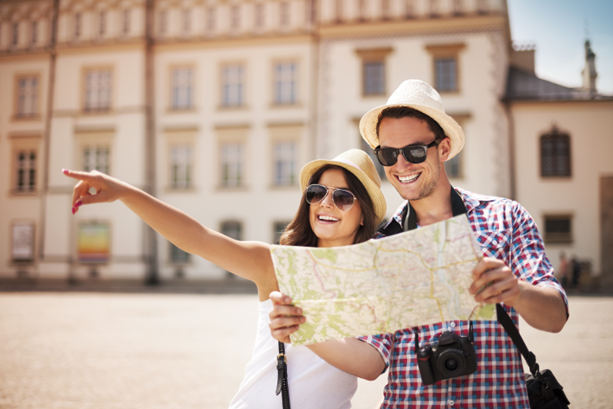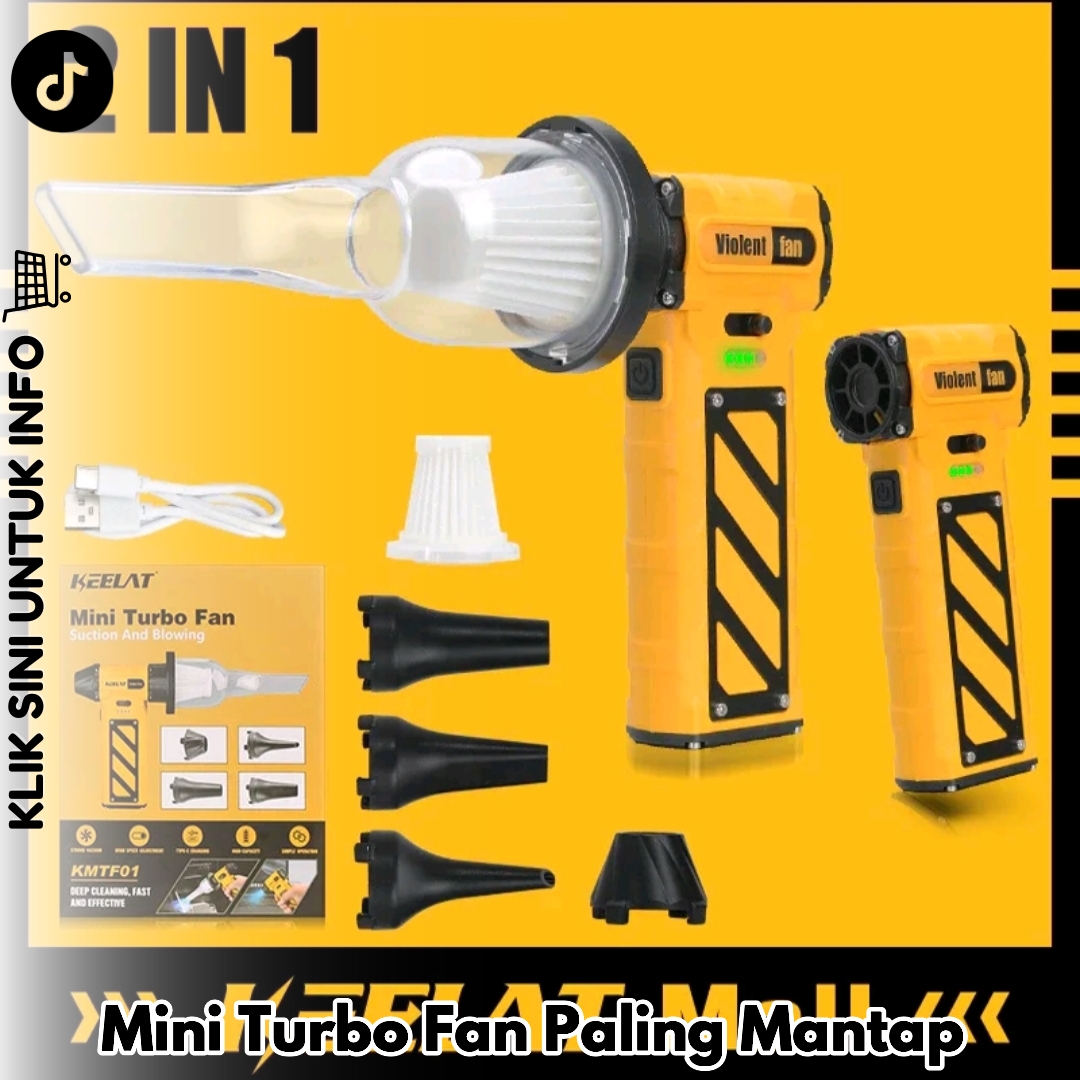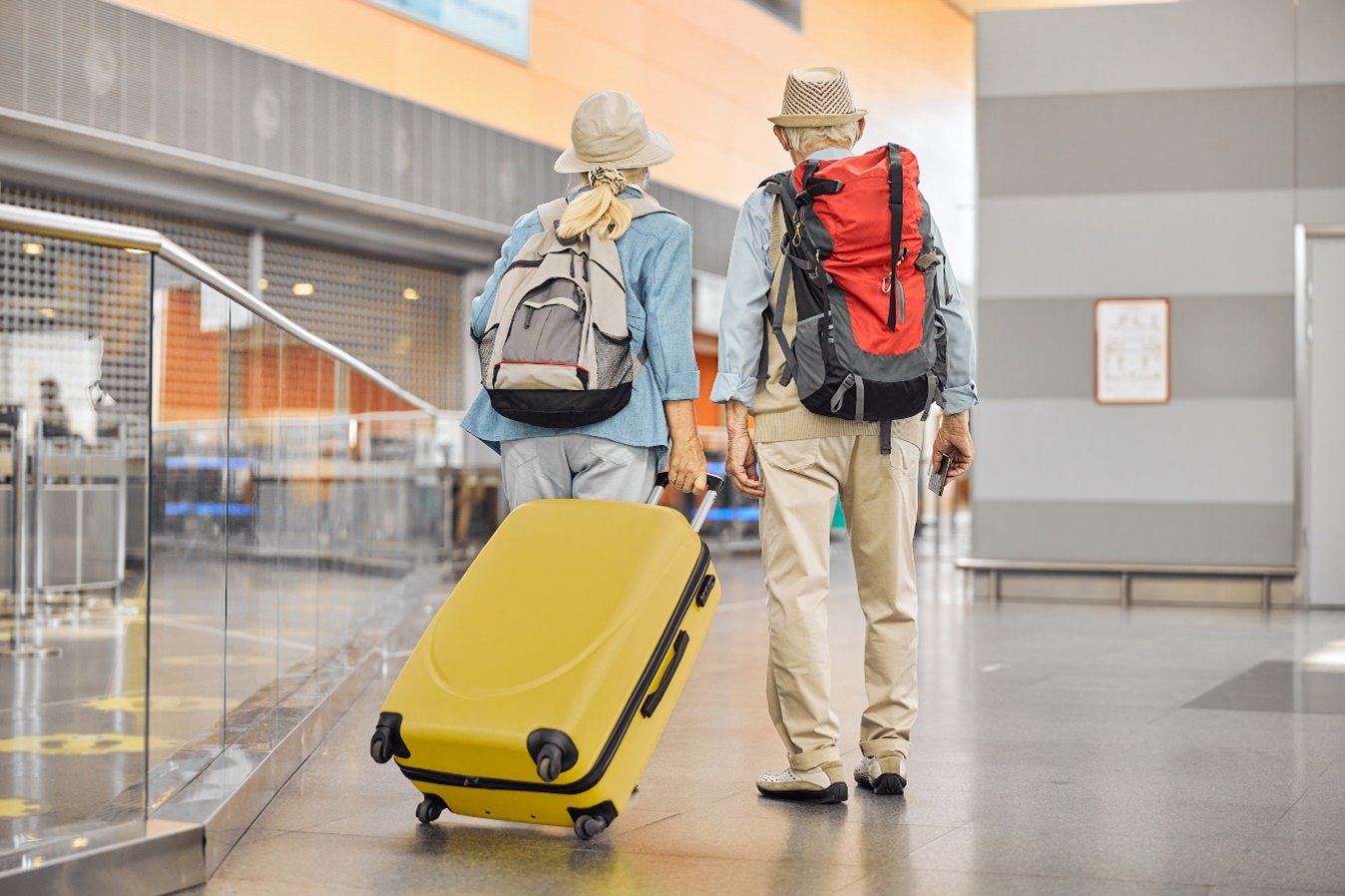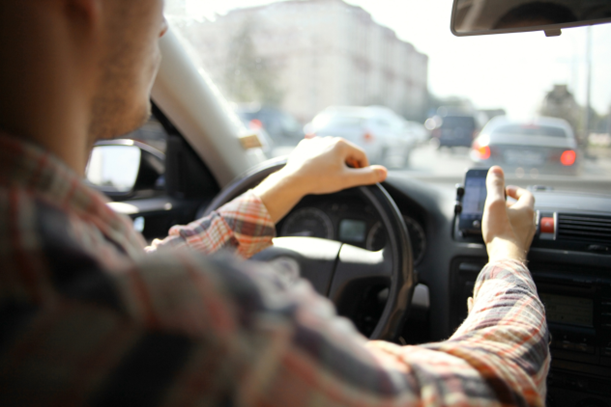Travel
Top 7 Best Essential Travel Safety Tips

Travel Safety – Traveling abroad can be a once-in-a-lifetime experience, especially if you’re going it alone. Your perspective can be altered, and your life path may even be altered for the better, by the sights you see, the situations you encounter, and the people you meet. The advantages of traveling are notable. However, there are a couple of interesting points before setting out on your excursion. The most important point concerns safe travel.
Stay safe while traveling abroad with our top safety advice and our favorite gadgets in the following sections.
1. Get travel insurance:
Purchasing travel insurance is the first safety advice. Because your standard health insurance may not cover you in a foreign country, this is especially important when traveling internationally. Safety Wing is the travel insurance provider of choice for ViaTraveller.
Safety Wing offers packages for travel insurance based on the length of your trip, where you are going, and even the things you want to do while you’re there. Safety Wing can take you surfing in Costa Rica, cenote diving in Mexico, or bungee jumping in Chile.
2. Find a place to stay:
Where you stay can hugely affect the security of your getaway. Whether you’re staying in an inn or a get-away rental, you ought to properly investigate things in the area and the actual convenience. Reviews are crucial, particularly for vacation rentals.
If you decide to lease an excursion on VRBO or Airbnb, keep all correspondence between you and the host inside the stage. When there are contradictions or disagreements, this is helpful. If something takes place outside of the app, these rental websites have no value without evidence.
3. Keep your cash in many areas:
You probably don’t want to carry around a lot of cash when you’re out and about, especially if you exchanged your dollars for the local currency before your trip. You don’t want to be robbed of hundreds of dollars or lose your purse or wallet. Therefore, it is energetically suggested that you leave crisis cash at your convenience.
You can use the in-room safes provided by most hotels and vacation rentals during your stay. While exploring the places you visit, we recommend that you keep most of your cash there and only take what you need. We recommend only changing enough money to cover your day’s expenses (food, transportation, etc.) unless necessary.
Use ATMs and check cards, all things considered. Your best choice is a debit card because credit cards typically charge high fees for international transactions. I bank with a credit union, which has great exchange rates and only charges $1 for ATM withdrawals. It’s worth looking for a bank that does this kind of thing for frequent travelers.
4. Always have a credit card available for an emergency:
If your bag is stolen or lost, emergency cash or credit cards can come in handy. We recommend that you bring cash and at least one credit card to the hotel.
Bring a simple combination lock if you are concerned that your hotel or vacation rental does not have a safe. You can use a Master’s anywhere because it is approved by the TSA. It fits a wide range of zippers and locks on your sack to guard every one of your effects.
5. Before you travel, contact your credit card company:
One thing that travelers frequently neglect is to contact their Mastercard organization to tell them they are leaving the country. Many travelers may become stuck as a result, unable to get their money when they need it. It may result in costly and time-consuming phone calls to your bank to confirm that you are making use of the card.
Before you travel, contact your credit card company to avoid this hassle and waste of time. If it’s not too much trouble, tell us precisely which country you are going to and how long you will remain. You can do this by adding a note to your account so that no charges will be blocked.
6. Safeguard your effects from pickpockets:
Tourists may see signs warning them about pickpockets as they travel, especially near train stations and other hubs for public transportation. Travelers must put up with this every day, which is a pity. However, pickpocketing does not have to happen to you. It is possible to travel without having anything stolen, but it takes a lot of care and some belongings.
In the first place, you want to ensure that you have the right kind of pack. Shoulder bags, particularly those with open pockets, are easy prey. Choose a crossbody bag that slides forward instead. When choosing which bag to bring, keep in mind that bags with zippers are safer than bags with magnetic closures.
The highly rated money belt from Peak Gear can hold multiple passports and has RFID-blocking insurance built in. Slim enough to slide under a shirt or jacket with ease.
7. Become familiar with a few fundamental expressions in the local language:
Learning at least a little of the local language before you travel is one of the best travel safety tips. Although many people in many non-English-speaking countries speak English fluently, it is still strongly suggested that you conduct some research before your trip.
Phrases like “bless your heart”, “kindly”, and “excuse me, where could X be?” It can go far. I’ve discovered on my travels that if you try to speak the local language rather than just English, people will be much more willing to assist you. It doesn’t need to be great. Google Translate is a godsend in terms of the service.
-

 Entertainment2 years ago
Entertainment2 years ago“Haha aku terhibur la tengok Aqish tu, banyak makan gula ni” – Netizen
-

 Entertainment2 years ago
Entertainment2 years ago“Selamat pengantin baru Sherry, tak jemput pun” – Netizen
-

 Entertainment2 years ago
Entertainment2 years ago“Satu family kena gula2 ke camne ni hahaha” – Netizen
-

 Entertainment2 years ago
Entertainment2 years ago“Sherry memang yg kawan baik, kawan jtuh gelak dulu baru tolong hahaha” – Netizen
-

 Entertainment7 months ago
Entertainment7 months ago“Arwah adik saya memang tak pernah jumpa Wani, Kami kenal Wani pun masa dia dah takde” – Kakak Mustaqim
-

 Entertainment2 years ago
Entertainment2 years ago“Anisha sangat elegan, dia selalu tersenyum” – Netizen
-

 Entertainment2 years ago
Entertainment2 years ago“Kakak Ameerah Bolkiah, happy birthday, miss you” – Anak Azrinaz Mazhar Hakim
-

 Entertainment2 years ago
Entertainment2 years ago“Dah berumur pun cantik, macam Amy Mastura” – Netizen




